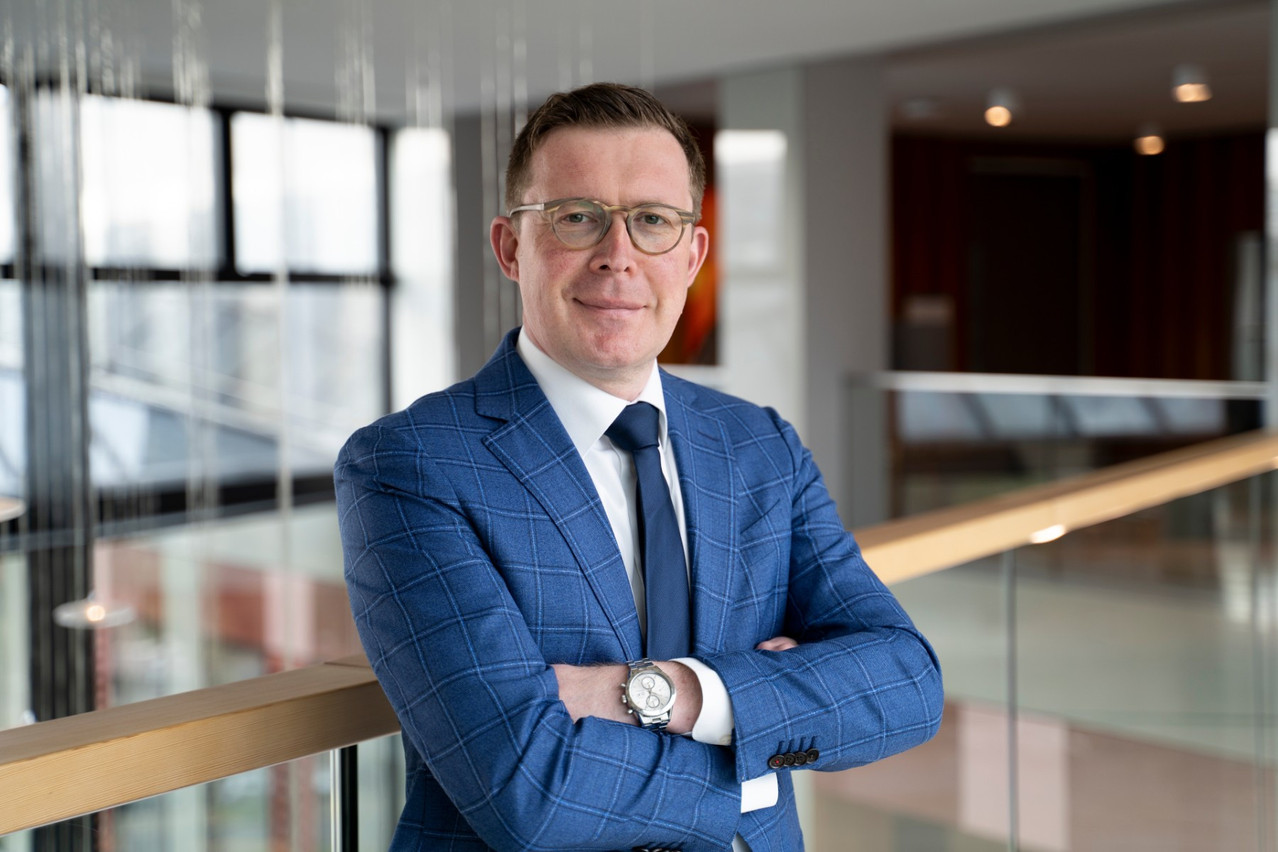Despite challenges faced in real estate across Europe, including low transaction volumes and a disconnect between seller expectations and buyer offers, and widely acknowledged challenges in Luxembourg’s construction and real estate sectors, Luxembourg has shown a commendable resilience. Notably, the gap between selling prices and purchasing willingness has narrowed over the past six months. And, while the Grand Duchy has experienced negative capital growth for two consecutive years, it has maintained a relatively low vacancy rate for floor space (2.3%), compared to Italy (16.4%), Sweden (15.5%), France (13.6%), Spain (11.5%), as noted by MSCI. This resilience is further underscored by the smaller disparity in price expectations compared to larger European cities, like Paris, for example.
Evolving financing landscapes
The next few years forecast a transformation in real estate financing. David Syenave, EY Luxembourg Partner, notes an uptick in joint ventures between local developers and international players, like financial institutions. Although such collaborations are becoming more common, the industry remains cautious, with some developments on hold as stronger monetary incentives are anticipated, and some players increasing commitments to alternative asset classes, such as private debt – specifically mortgage debt in the context of real estate.
Investment trends in Europe
Luxembourg is the most popular domicile for Pan-European funds (e.g. RAIFs and SCSp – SIFs). The conference panel noted a shift towards funds that concentrate on distressed assets, particularly driven from the UK. Mortgage debt funds are gaining traction, and the office sector is showing signs of recovery. Real estate investment funds are extending their liquidation periods, with continuance funds emerging as a popular trend for both single and multi-assets. The diversification of investment is accelerating, with sub-asset classes expanding from 10 to over 100 in recent years. Additionally, family offices are becoming increasingly important in the investment landscape.
ESG risks and sustainability
The pressing issue of climate change introduces significant risks to asset values, with an estimated 4.4% loss due to physical climate risks. Flooding poses a threat, affecting 5% of assets severely, while 2% face significant risks. Interestingly, some regions, like the Nordics, may see a reduction in risk due to milder cold conditions. Luxembourg’s assets are projected to experience a 3% climate slide, indicating a low physical risk but a heightened transition risk. In contrast, the Netherlands faces nearly a 40% risk, primarily due to flooding. Additionally, compliance with ESG standards in construction is becoming increasingly costly, necessitating a reevaluation of business models to meet market expectations and policy requirements.
In summary, Luxembourg’s real estate market is showing some resilience in Europe. The country is seeing new partnerships in financing and remains a top choice for real estate funds. Investments are diversifying, and there’s a growing focus on distressed assets. Climate change and sustainability are becoming critical factors. While contending with its current challenges, the Luxembourg real estate market is evolving to meet these new trends.
– EY Luxembourg Partner, M&A Real Estate
– EY Luxembourg Associate, Real Estate & Infrastructure Business Development Team
Panelists
Alex Macri, Fund Manager, Cromwell Property Group; Viviane Rouarch, Head of Client Coverage & Relationship Management PERES Luxembourg, CACEIS; Sébastien Bequet, Managing Partner, Cushman & Wakefield Luxembourg; Julie Sacré, Group ESG Coordinator, Eaglestone; Esthel Lougrat, Head of Sales, Private Assets – MSCI including French regions; Guillaume Choumil, Consultant Client Coverage, Private Assets – MSCI including French regions.
